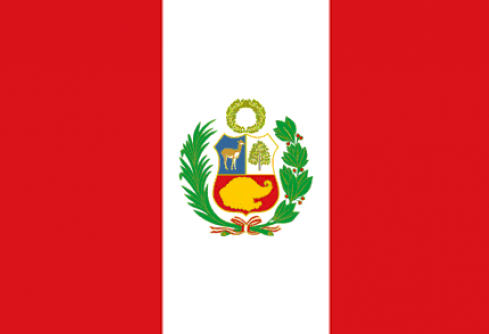Limiting Our Environmental Footprint
We are all responsible for the consequences of our actions—especially as a company with a global footprint, and global impact. As we manufacture medical devices and therapies, we consume resources and produce waste. How we manage these responsibilities and challenges matters. We had a target of 50% renewable electricity by 2021 and we surpassed this by achieving 73%.
We bring our values to the table when we consider the materials used in our products and packaging, the resources used to manufacture and transport them, and what happens to any waste along the way.




















